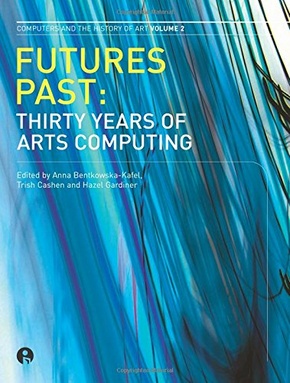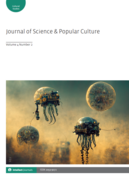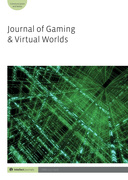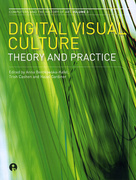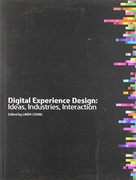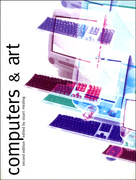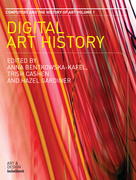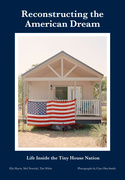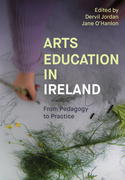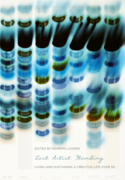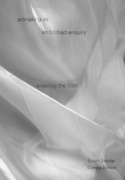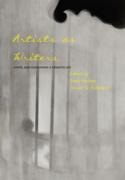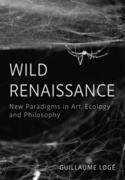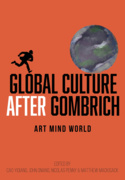Futures Past (Book)
Thirty Years of Arts Computing
In decades past, artists envisioned a future populated by technological wonders such as hovercraft vehicles and voice-operated computers. Today we barely recognize these futuristic landscapes that bear only slight resemblance to an everyday reality. Futures Past considers digital media’s transformative impact on the art world from a perspective of thirty years’ worth of hindsight. Herein a distinguished group of contributors—from researchers and teachers to curators and artists—argue for a more profound understanding of digital culture in the twenty-first century.
This unprecedented volume examines the disparities between earlier visions of the future of digital art and its current state, including frank accounts of promising projects that failed to deliver and assessments of more humble projects that have not only survived, but flourished. Futures Past is a look back at the frenetic history of computerized art that points the way toward a promising future.
Edition
Trish Cashen is a member of the faculty of arts at the Open University, United Kingdom.
Hazel Gardiner is senior project officer at the Centre for Computing in the Humanities, Kings College, London, United Kingdom.

